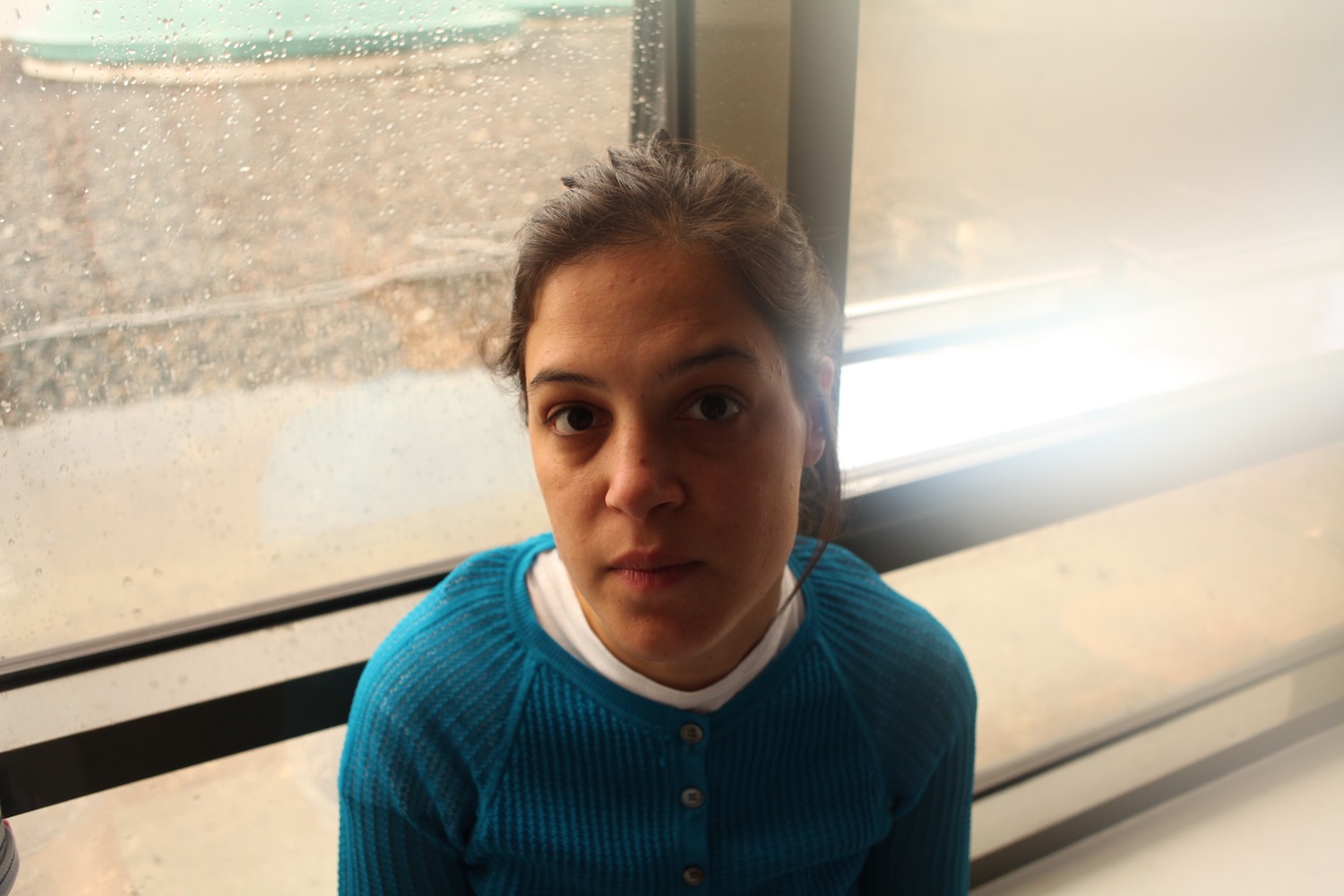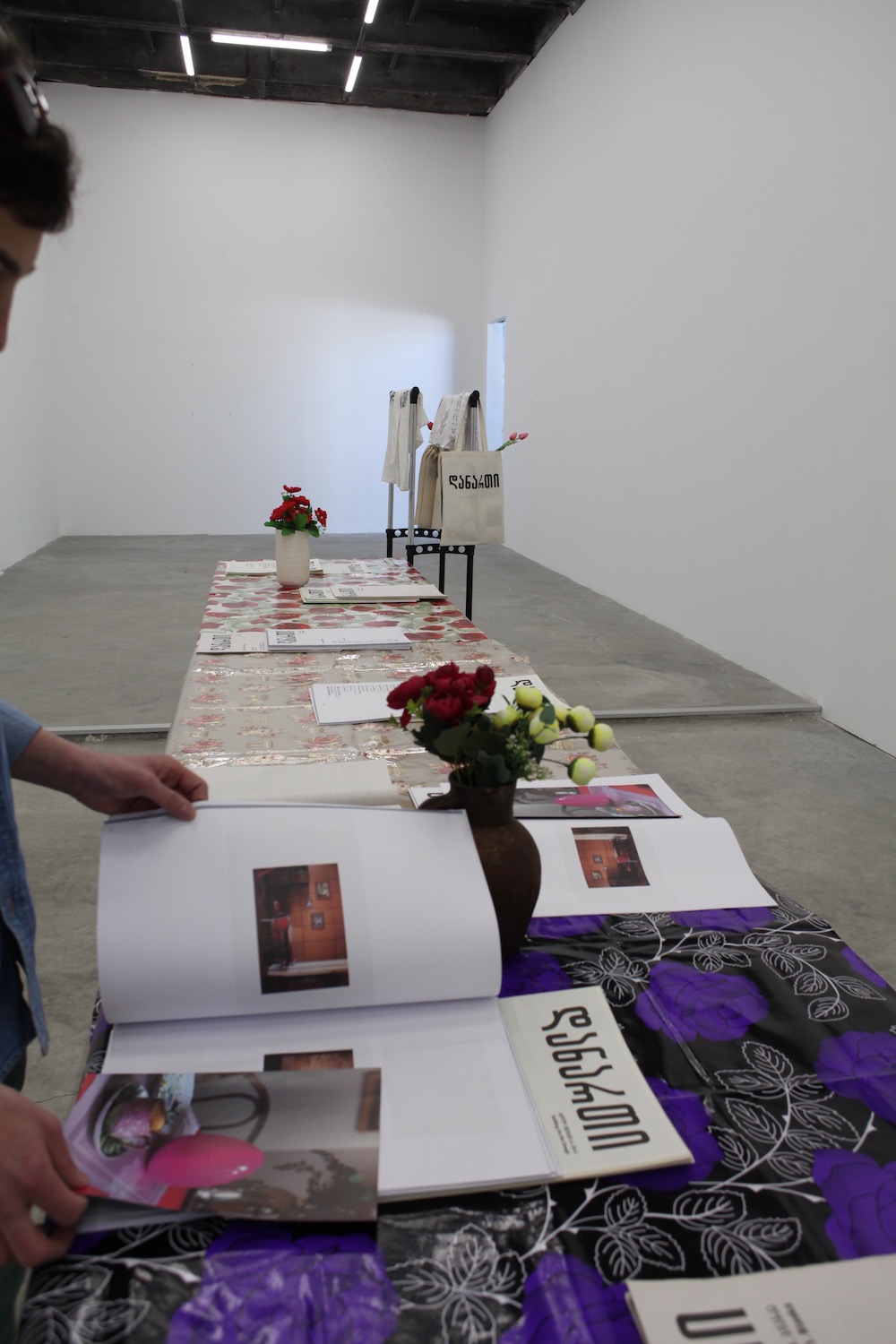TEST SITE FOR ART & HOSPITALITY EXPERIENCES
Tbilisi: Decentralized Narratives
An interview with Elene Abashidze, co-founder of a Georgian magazine
26.06.2019
- #decentralizednarratives
- #selforganized
- #localunderstanding

Elene Abashidze is a curator and the co-founder of Danarti Magazine, the only bilingual critical zine on contemporary culture in Georgia. Based in Tbilisi, Elene offers her view on the future of art and culture in the country:
Where About Now: You lived and studied at Goldsmiths College in London. Have your perceptions of Tbilisi changed because of your stays abroad?
Elene Abashidze: My perception of the world did change.
WAN: During our research stay in Tbilisi, one thing we noticed was that Georgians seem to do a lot of moving around their own country, be it for a weekend to the countryside or longer trips to other regions. Do you travel in Georgia as well?
EA: I don’t think that traveling is a Georgian thing per ce. Georgians, just like people of any other nationality travel inside and outside of the country when they can.
WAN: Especially in recent years, we keep hearing comparisons between our home city of Berlin and Tbilisi. What makes Tbilisi special for you?
EA: Tbilisi is special for reasons other than gentrification. I don’t see any similarity between these two capitals except for the post-traumatic condition – connected to different wars – that they both have been experiencing for some time now.
WAN: We have the impression Tbilisi’s art world is marked by a kind of transience and spatial flexibility. With no institutionalized center for contemporary art, the city’s art scene seems decentralized and dynamic. What is your opinion of the status quo and how do you see contemporary art in Tbilisi developing going forward?
EA: Self-organized, fragmented and mostly independent. That’s the way everything else is in Georgia as well. Centers are too manly anyway.
WAN: You co-founded the Danarti Magazine. Can you tell us more about that?
EA: Danarti is a zine that I co-run with my colleagues. It is the only bilingual critical zine on contemporary culture in Georgia. We also distribute it for free. We try to give local voices an international readership and give international works a local understanding.
WAN: The magazine is bilingual: Can one assume that you are interested in communicating Tbilisi’s arts and culture to a more international audience? If so, why?
EA: Because “the artist who does not speak english is no artist.” (mladen stilinovic)
WAN: For a language that is only spoken in a small country, it means a lot if it is translated. We could also see this last year at the Frankfurt Book Fair when Georgia was the country of honor.
EA: [Georgian literature] is only partially translated and I hope the decision of what is to be translated goes to the youth, women, parents, and lgbtqi communities soon.
Interview by WAN



